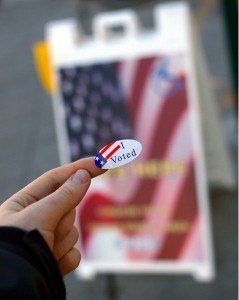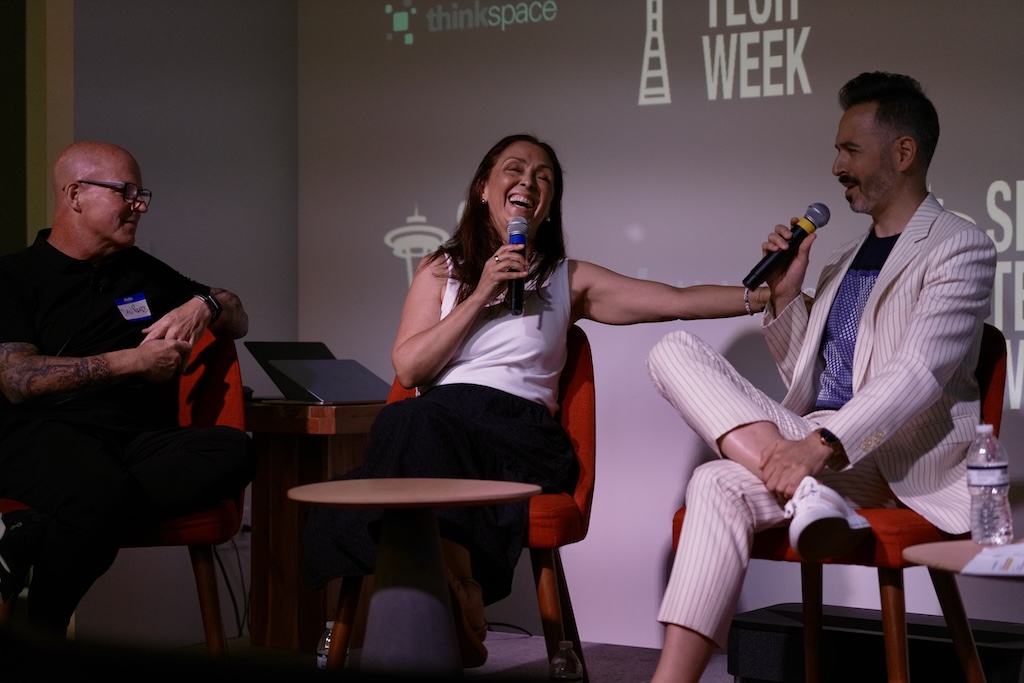 It’s obvious how technology is becoming increasingly pervasive. It connects us to the world through our desktop computers, mobile devices, and even some of our appliances. It’s almost impossible to avoid a screen with an active connection to the Internet these days. It only stands to reason that the Internet’s influence over our political viewpoints and experiences is also on the rise.
It’s obvious how technology is becoming increasingly pervasive. It connects us to the world through our desktop computers, mobile devices, and even some of our appliances. It’s almost impossible to avoid a screen with an active connection to the Internet these days. It only stands to reason that the Internet’s influence over our political viewpoints and experiences is also on the rise.
Today’s Presidential election is undoubtedly the election most influenced by the Internet to date. Social networks are flooded with opinions from all sides of the conversation, people are sharing information and news at an increasingly accelerated rate, and it’s becoming far easier to find out what the people you look up to feel about politics than ever before. Social networks are a place where inhibited speech often brought on by the possibility of face-to-face confrontation is broken down by the quasi-anonymous separation the Internet offers.
We may never have heard about our friends’ or family’s opinions on politics if it weren’t for the digital soapbox that is Facebook. For even the most uninformed of Americans, there are memes appearing almost constantly in our social feeds. How many people with Facebook or Twitter accounts didn’t hear about Gov. Mitt Romney’s plan to “kill” Big Bird? It’s feasible that that this year’s election could be determined (at least in a small part) by memes.
Remember that video of President Barack Obama swatting a fly during an interview? It spread around the Web like wildfire with the caption, “Our Ninja President.” For someone with a very limited scope of the current political issues of the day, this type of video would be one of only a handful of experiences that person has in relation to the President.
Mash-ups, remixes, and auto-tuned songs are also heavily circulated around the Web. These clever videos are fun to watch, and their content might have an influence over the viewer. It sounds ridiculous, but just head out to a busy street and ask who the Speaker of the House, last appointed Chief Justice, or the name of the current governor of their state is. The percentage of people that don’t know those answers would shock you (or, maybe not.)
That isn’t to say the Internet is a breeding ground for ignorance. It’s actually a great resource of information so vast that no single individual in history has had as much information readily available at their disposal than those currently online. Immediate access to past legislation votes, opinions on various topics, and fact checks against debate talking points is available to just about anyone with a browser and a Wi-Fi connection.
While the Internet’s influence over this year’s election is clear, imagine the world in 2016, when politicians might actually spend more money in online advertising than they do on billboards and television today. It’s obvious how important of a comprehensive social media strategy is becoming – and how the winner may well be decided by which candidate’s campaign has the best grasp of technology and the Interent.
